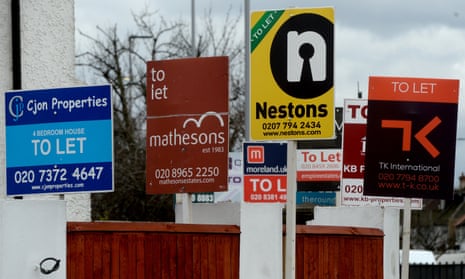From 1 April 2016 anyone buying a second home for any reason will pay a higher rate of stamp duty than someone buying a property which will be their main home.
What is stamp duty?
Stamp duty – or more precisely stamp duty land tax (SDLT) – is a tax paid by homebuyers when they buy property or land. On your main home the tax is paid if the purchase price is over £125,000. The amount paid is assessed on a tiered basis.
How much stamp duty will I pay on my new home?
You can find out exactly how much you need to pay using a stamp duty calculator like this one.
To give you an idea, on a house costing £100,000 that you plan to live in there would be no bill to pay. On a £200,000 property you would pay £1,500, and if you were spending £350,000 on a new home you would pay £7,500. Someone buying a £1m home would face a bill of £43,750.
Any second homes attract a higher rate.
What counts as a second home?
Anything other than your main residence – it could be a holiday let, a property bought as an investment or somewhere you are helping another family member to buy.
This surcharge will also apply even if the main home you currently own is overseas.
I plan on buying a second home. How much extra stamp duty will I pay?
You will pay the duty on any property costing £40,000 or more. For each tier you would pay a rate three percentage points higher.
This means:
- On a property costing up to £125,000 you will pay 3%, rather than 0%.
- On a property costing £125,000 – £250,000 you pay 5%, rather than 2%.
- On a property costing £250,000 – £925,000 you pay 8%, rather than 5%.
- On a property costing £925,000 – £1.5m you pay 13%, rather than 10%.
- On a property costing £1.5m+ you pay 15%, rather than 12%.
So a house costing £100,000 would have a bill of £3,000. On a £200,000 property you would pay £7,500 (3% on the first £125,000 then 5% on the next £75,000), and if you were spending £350,000 on a second home you would pay £18,000 (3% on the first £125,000, 5% on the next £125,000 then 8% on the remaining £100,000). Someone buying a second home costing £1m would face a bill of £73,750 (3% on the first £125,000, 5% on the next £125,000, 8% on the next £675,000 and 13% on the last £75,000).
What if I want to buy a house for my child?
If parents buy a property for their child and are named on the deeds while already owning a property, they will be charged the additional stamp duty. Helping your child out with a gift of a deposit will not be a problem – only part-owning the property.
What if I am moving and my sale falls through?
If you complete on your new home while still owning your old home you will have to pay the higher rates, however if you sell your old home within 36 months you can reclaim the extra tax.
What if I decide to keep my old home to rent it out?
You will pay the extra rate of tax because you will now own two homes.
What if I own a buy-to-let property and move house?
If you are selling your main residence and buying a new place to live it won’t be counted as a second home and you will pay the normal, lower, rate of tax.









Comments (…)
Sign in or create your Guardian account to join the discussion